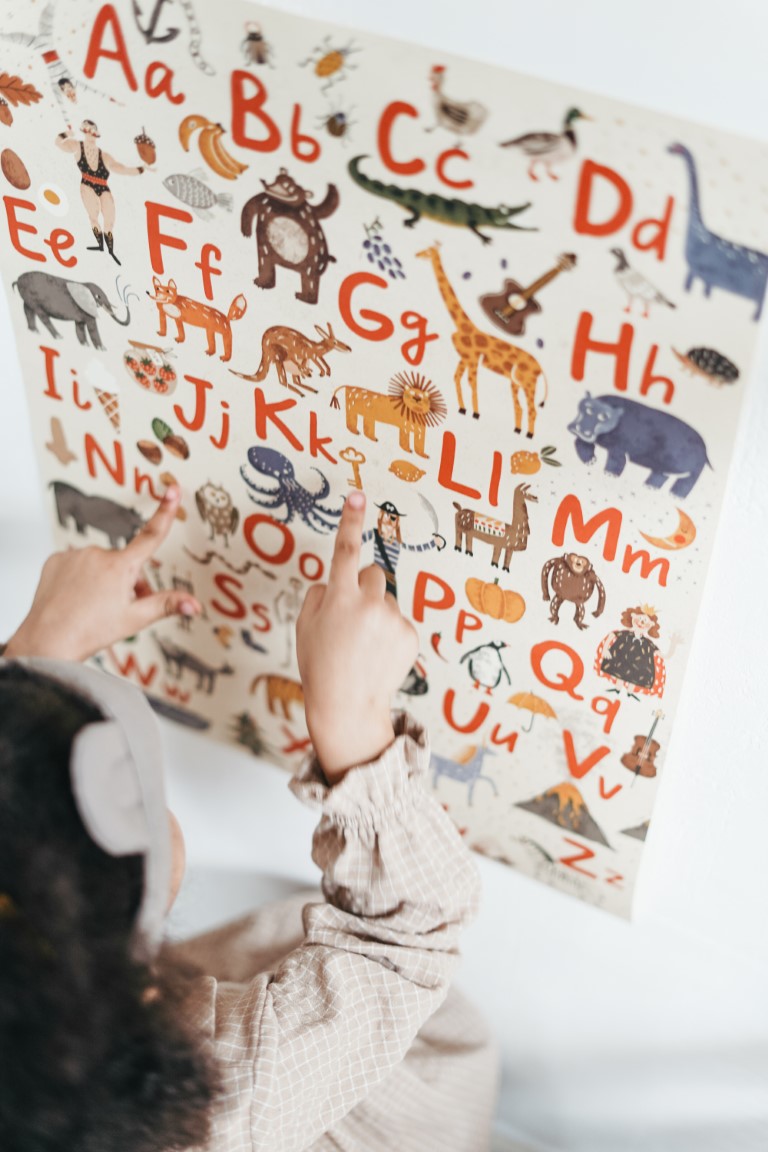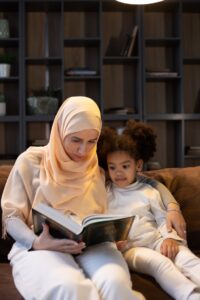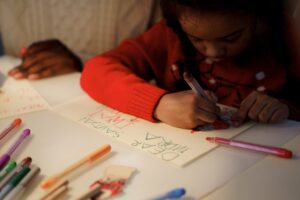The Arabic language is an authentic, beautiful and dignified language. I am honored that it is the language of the Noble Qur’an. It is incumbent upon us to learn it and teach it to our children. The language that the Qur’an has preserved through the ages, and has repeatedly proven its ability to keep pace with science and modernity, is one of the most important guarantees for the future of the nation and the cohesion of its children. The foregoing puts us before the necessity of teaching our language to our children who were forced by circumstances to reside in foreign countries.
It is no secret to anyone that the set of major political and economic changes that have occurred in the Arab region during the last ten years have had a great impact on Arab societies, forcing many Arabs to migrate to a number of foreign countries, especially the European Union countries. A new Arab generation has recently begun to appear in the Diaspora, and it is unfortunate that this generation is finding it very difficult to learn the Arabic language within the foreign environment that surrounds it. The huge numbers of Arabs who left their country for the diaspora have appeared to have a set of necessities they had not previously considered, on top of which comes the necessity of teaching children their mother tongue, because of the national and religious values that this entails, or simply to preserve the authenticity of the new generation and link it to customs and traditions And the values of his fathers and grandfathers. This is one of the most important concerns of a large number of Arab families in the diaspora, especially in light of the difficulty of the task of teaching children their mother tongue, and the difficulty increases the more we delay in completing this task.
Many parties have mobilized to address the issue of teaching Arabic to Arab children in the diaspora, including mosques, associations, centers, institutions and schools recently established for this purpose. From here comes the question: Why do we teach our children the Arabic language in the diaspora?
The answer is simply that neglecting to teach the Arabic language to the new generation will make the third generation not care about it at all, which will keep it far from its roots and history, and its Arab identity will be completely lost. Examples in this context are abundant on the ground.
In sum, we learn the Arabic language because it is part of our national identity and because it is the language of our religion, as I mentioned at the beginning of my talk. We also teach the Arabic language to our children so that they can dialogue with parents and relatives face-to-face or through social networking sites, and so that they can read Arabic books and newspapers and follow Arabic-speaking radio and television stations. Then a new exile in the homeland. We also teach them the language in order to increase their culture and knowledge and to remove some responsibility from us before our children, our conscience and our history. The most important issue in this context is the necessity of teaching them the Arabic language in order to give the parents the largest and most important role in education. The child grows up within the first social and educational institution, which is the family, and in it he learns the first ABCs of life.
Parents must be aware and aware of the importance of teaching their children the Arabic language, by exchanging conversations with children in Arabic from an early age, and accustoming them to listening to the Noble Qur’an. Mental perceptions of the child. It is also desirable to assign children to private schools to teach Arabic, and teaching Arabic has recently spread through the Internet and social media, giving feasible results, through the development of an organized program for schools, where parents choose the appropriate time for their children to attend study sessions while following them step by step. Determining the objectives of the process of teaching Arabic to our children in the diaspora gives us wonderful keys to success, and this is what happened with the majority of schools that were able to garner the satisfaction of the students’ parents with the teaching of Arabic and Islamic education in a refined and open way to the world away from complications.
In general, these were noble efforts, even if they were not free from mistakes and were not without difficulties, whether for parents or schools, and as long as we talk about our responsibility towards this generation of children and our fear for them of forgetting the Arabic language, let us leave the emotion a little and start from a conscious scientific understanding.
We must intensify our efforts to improve the methods of teaching our children the Arabic language so that it remains immortal in their hearts, for the language is a history, roots and spirit. There is no doubt that mastering a language indicates the extent of flexibility, adaptation and social intelligence, but language is like genetic genes, as it is transmitted, developed, inherited, changed, acquires new forms, and mates with other languages, but it may also disappear from the minds and way of thinking of children, and this is what parents should avoid By teaching their children the Arabic language from a young age, and in general, it has been observed that those who master their mother tongues can learn other languages quickly.
O father in the diaspora…..
What you are trying to add as an imprint on your child’s life is only a reflection of your stock of culture and knowledge, and this stock is based on a solid foundation of all the experiences you have acquired in life. Make your child yourself, and preserve his Arabism and originality by following him step by step and by teaching him his Arabic language.
O mother in the diaspora…
You are the first pillar in raising a child, and you bear the greatest burden in building his personality through dialogue and instilling in him the love of his mother tongue. It is terrifying to see many generations in the diaspora who may one day be unable to read Arabic books or properly understand the glorious Arab history, as it may be difficult for them to communicate with their grandparents and relatives, or even just understand a simple local joke, and they certainly will not read The Noble Qur’an and they will not understand it, and the worst is that all of that may not interest them at all.
Whatever the place the immigrant left behind to escape to a better life, whether it was a homeland torn apart by wars, pervaded by corruption, or devastated by poverty, it is certain that escaping to the future cannot be done with empty bags. Arabism and Arabism must be rooted in the hearts of our children, because it is their root in history, and their weapon in the face of loss.







